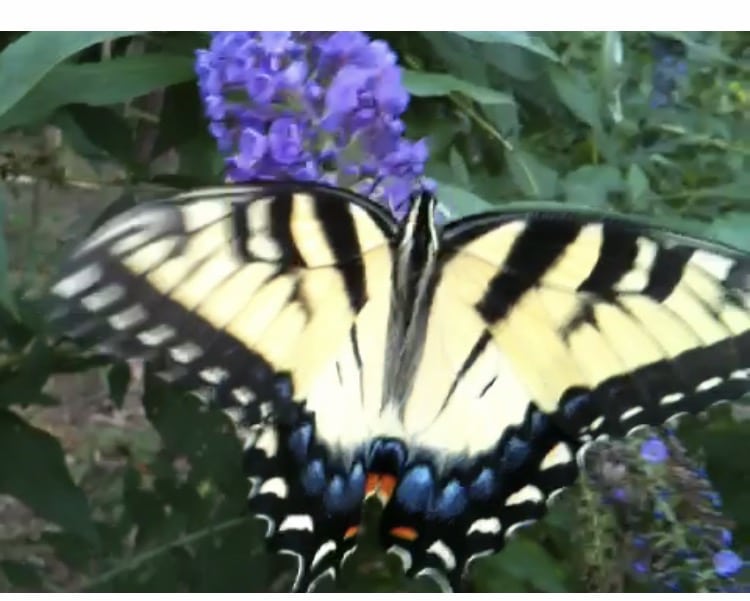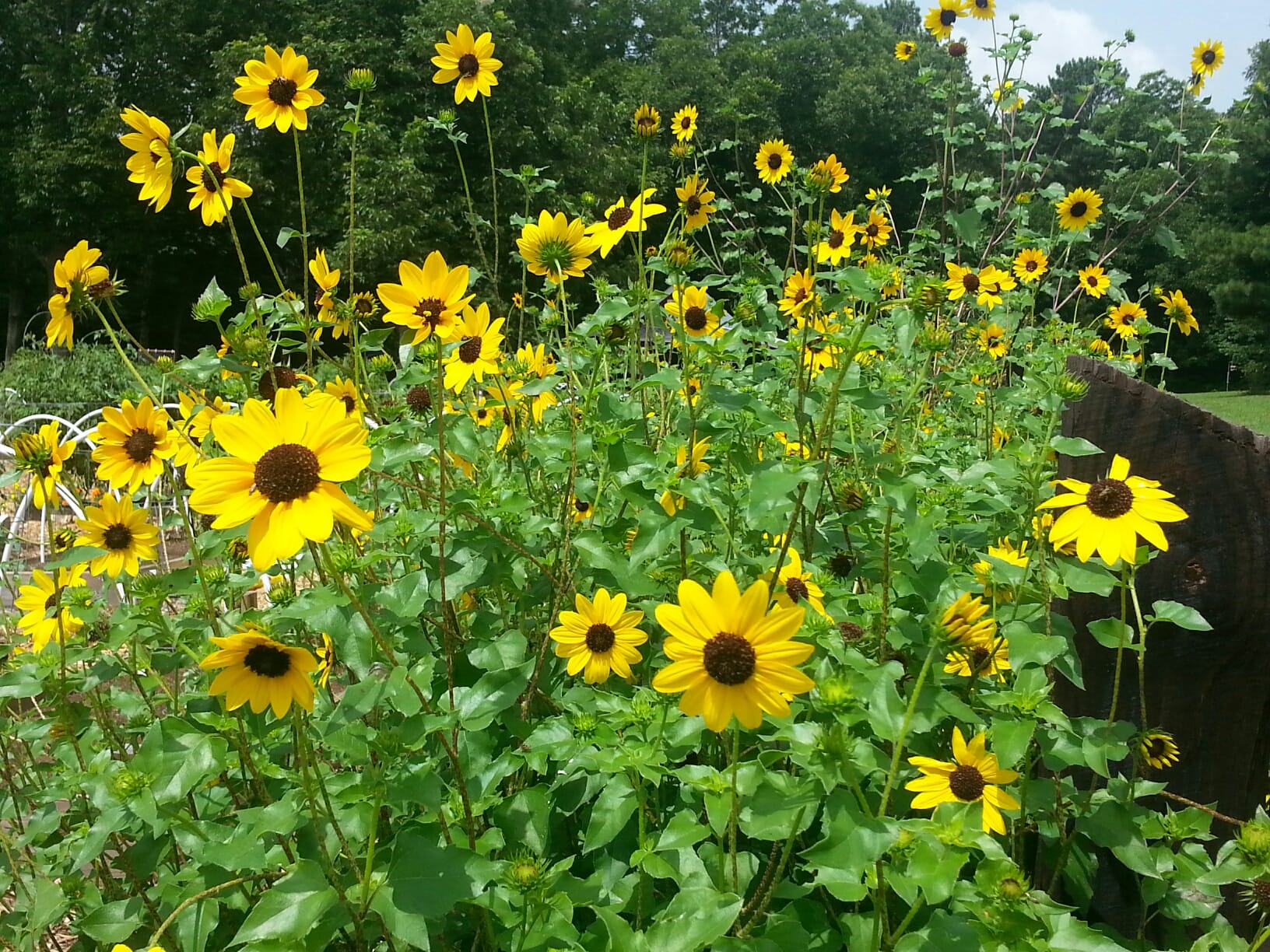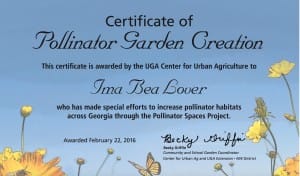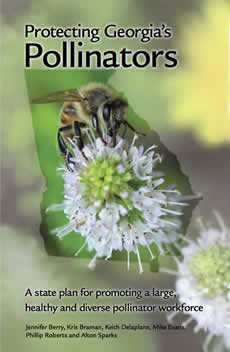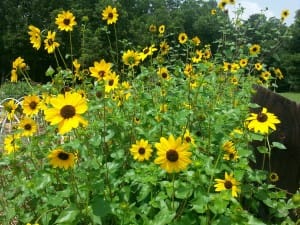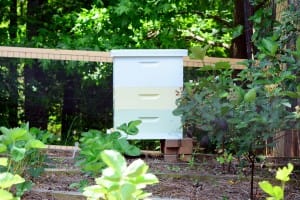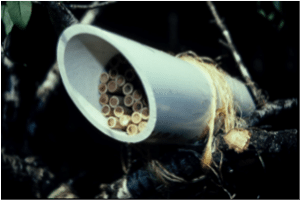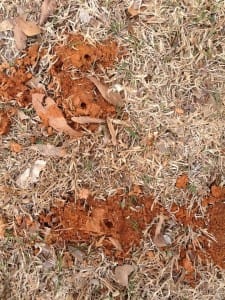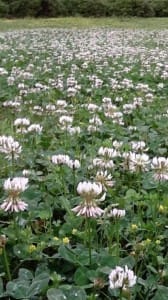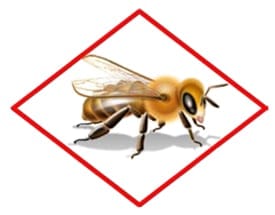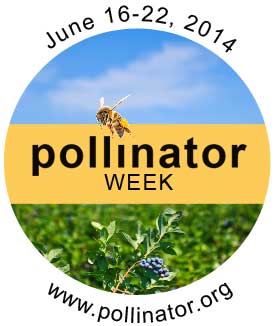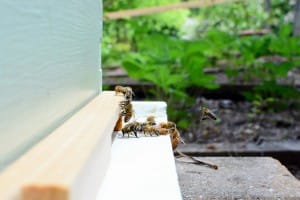It is Pollinator Week 2017! Since last year the rusty patched bumble bee has been put on the Endangered Species List and honey bee keepers in the United States reported hive losses of 33% over 2016-17. How can the average Georgia gardener help our pollinators? These steps are easy and will make a real difference to our pollinating insects:
Read Georgia’s Pollinator Protection Plan
University of Georgia entomologists collaborated with stakeholders across the state to develop Protecting Georgia’s Pollinators. There is a role for every Georgia citizen whether you are a farmer, a landscaper, or a homeowner.
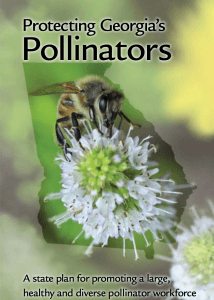
Plant Flowering Plants
Adding flowering plants to your food garden attracts pollinators and as a bonus can also attract other beneficial insects. To attract butterflies, adding plants that sustain the caterpillar stage of the butterfly is important. The University of Georgia has done research on pollinator plants and has suggestions for plants that do well in our climate.
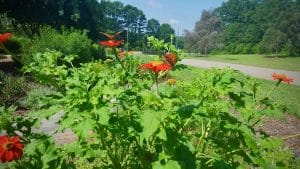
Plan for a Succession of Bloom
Strive to have plants flowering as much of the year as possible. Even during the winter months if temperatures rise above 50 F, bumble bees and honey bees are flying and looking for nectar and pollen.
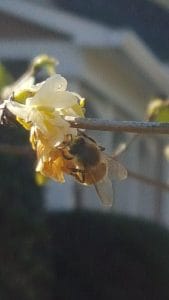
Create a Water Source
Adding pebbles or stones to your birdbath makes a wonderful water source for small insects with delicate legs. By cleaning the birdbath once a week you will avoid any mosquito problems. If you don’t have a birdbath the drainage pans used to catch the water running out of potted plants can be used.
Wisely Use Any Pesticide
Examine your use of any pesticide. Is the pesticide really necessary? Your UGA Extension agent can assist you with any pest situation and guide you in deciding if a pesticide is the best answer. Make sure you thoroughly read and follow any pesticide label. The label is the law.
Have Your Garden Certified as a Georgia Pollinator Space
The Georgia Pollinator Spaces program is an initiative designed to recognize gardeners that consciously make an effort to improve pollinator health by creating pollinator habitat. To get inspiration take a look at some of the gardens that are part of the program.
However you decide to celebrate Pollinator Week be sure to check our daily pollinator posts on the UGA Community and School Garden Facebook page.
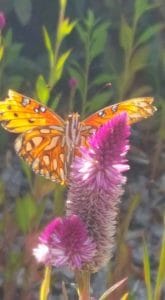
Happy Pollinator Week!
